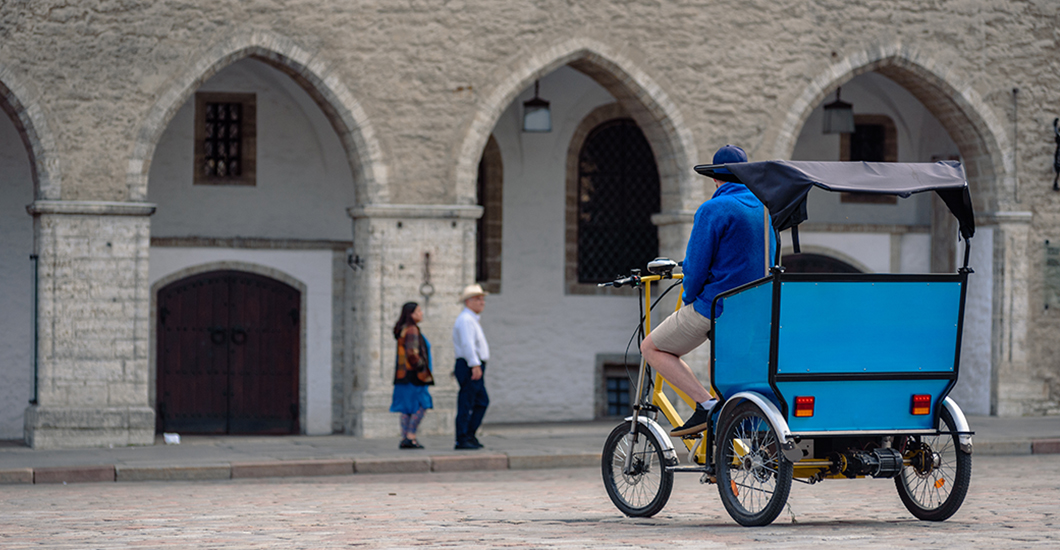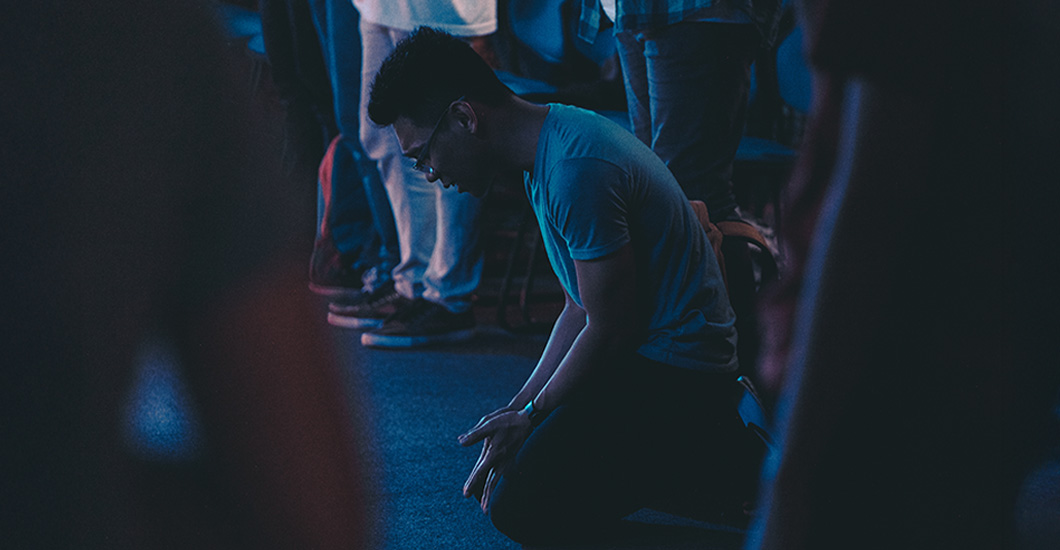Trending Articles
Thirst Awakened
Two steps into the sanctuary and I could feel a surprising weight. It was as if the air was pushing down on my body. The smell of lilies filled the medieval church and evoked memories of Easter, water and fire!
My eyes searched the ornate altarpiece for the famous Eucharistic miracle of Santarem. Since 1247, the host of Jesus’ body has bled.
High above the altar in a small golden monstrance, the host of Our Lord is on display. A golden tabernacle protects this divine miracle.
Almost as soon as I found a place to kneel, relieving the pressure of the air, the small golden door on the tabernacle closed. My knees ached against the bare wooden kneeler and my heart sighed. Could I not get closer? Could I not see with more than my heart? Like all good and true desires of my heart, God was about to exceed my expectations and delight both my eyes and my heart!
Adoration of God in the Eucharist proceeds from the belief/truth of the real presence of Jesus, body, blood, soul and divinity under the appearance of bread and wine. No reflection on the Blood of Jesus would be complete without recalling the mystical intimacy Saint Catherine of Siena had with Christ’s passion and blood.
Saint Catherine spoke incessantly of Christ’s blood. She asserted the need to drink in the grace of Christ’s blood and become “drunk” on the love poured out in the shedding of this Sacred Blood. In one rather remarkable gift of grace, she was permitted to drink the blood of Christ directly from His side!
Catherine, reflecting on her spiritual children, declared, “Indeed, they go into battle filled and inebriated with the blood of Christ crucified … they will pass through the narrow gate drunk, as it were, with the blood of the spotless lamb.”
By partaking in the blood of Christ, her thirst was awakened, not quenched. The more she drank of Christ, the more she desired. Her soul was intoxicated by the love found in Christ’s blood!
Almost in mid-thought, a Portuguese woman in broken English interrupted my contemplation of Saint Catherine. The woman bid my group of pilgrims approach the altar, revealing a side staircase. The marble floor surrounding the altar gave way to a set of wooden stairs. The walls inside the staircase were covered in religious art and statues of our lady and various saints were tucked into every corner. An eclectic assortment of religious items was displayed in glass cases. Somewhere from behind the wall men’s voices were suddenly raised in Gregorian chant.
I climbed the hidden staircase only to find another narrow metal set of stairs at the top. One by one each member of our group ascended and returned. No one spoke. No one looked at each other.
Finally, it was my turn to climb the narrow stair. Up, up I climbed and then I saw Him! Almost six inches from my eyes, separated by merely a pane of glass, I gazed on my beloved Creator. The consecrated Host (the same consecrated at every Mass) was before me! This time the Host was covered in bright red blood! The clotted blood looked as if today His flesh had been torn open for my sins! Torn open for love of me!
Stupefied, I said and did nothing! For several moments I forgot to pray or how to pray! His love on display, I felt the thirst and intoxication Catherine spoke about. So all I could do in that moment was to whisper through the glass, “I love You.”
Shannon Magbalon is a wife and mother of four. She is a breast cancer survivor. With a doctorate in psychology, she writes with a view of both psychodynamic and theological. God’s love compels her to write. The blog www.amazingnearness.com is her “yes” to God.
Latest Articles
Want to be in the loop?
Get the latest updates from Tidings!








